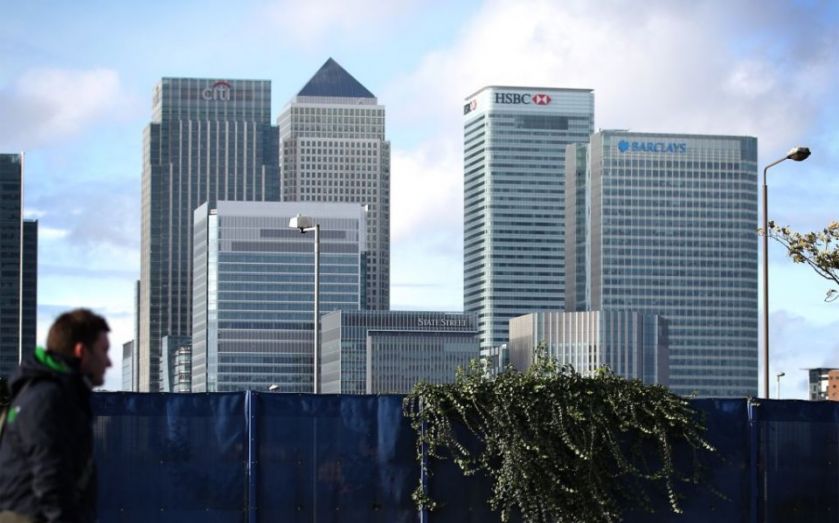Banks brace for tax showdown: City giants warn jobs and growth are at risk from Whitehall interference

Unpredictable and excessive taxes are pushing the British banking sector to the brink, according to a major new report by a leading industry body.
The British Bankers’ Association (BBA) and PwC reveal that the UK banking sector contributed an estimated total of £31.3bn in taxes last year, and warn of the risk posed to jobs and growth by complex levies.
The warning comes as the BBA gets ready to publish a major report next month evaluating the competitiveness of Britain’s banking sector.
Sir Hector Sants, a former top City regulator, is leading the review looking at whether tax and regulatory reforms in the wake of the financial crisis hurt the UK’s reputation as a global banking centre – a question that generated renewed interest earlier this year when HSBC chairman Douglas Flint said the lender could relocate due to regulations.
Today’s report says that the six largest banks – HSBC, Barclays, Lloyds, Royal Bank of Scotland, Santander UK and Standard Chartered – paid 55 per cent more last year than they did at the start of the last government.
BBA chief executive Anthony Browne said banks had been “singled out for a number of punitive increases in taxation” and are now at a “tipping point”.
Writing in City A.M., Browne said: “The bank corporation tax surcharge, announced in the budget this summer, was the fifth new bank-specific tax measure introduced in as many years… Tax uncertainty jeopardises the sector’s international competitiveness, and threatens the ability of banks to best serve their customers as well as support growth across the country,” he added. “Banks, like all businesses, need a stable and transparent tax system so that they can plan for the future.”
Chancellor George Osborne said in his summer budget that the government would row back the bank levy and put in a new so-called bank tax surcharge, taking an additional eight per cent of banks’ profits each year on top of the existing corporation tax.
But Browne said the Treasury should “make clear that it is a temporary, supplementary tax rather than a permanent feature of the fiscal landscape”.
“This should be part of a broader shift away from taxation on balance sheets to taxation on profits,” he said.
A Treasury spokesperson defended the government’s record on banking reforms last night, telling City A.M.:
“We’ve put competition at the heart of the regulatory system. We’re also creating a tax regime for the banking sector that is sustainable and fair, ensuring banks play their part in finishing the job of fixing the public finances while maintaining the competitiveness of the UK as a global financial centre.”
